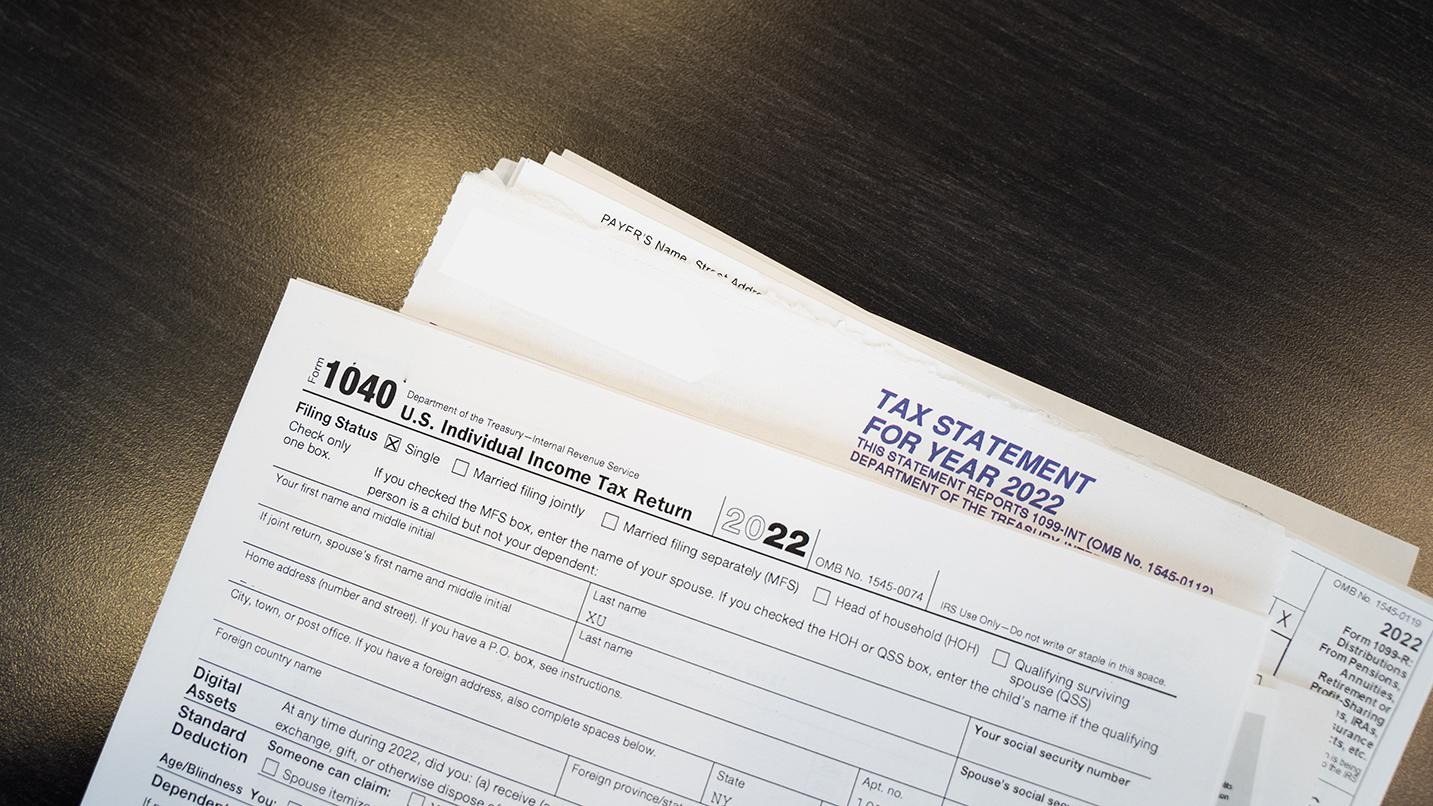Depositions of U.S. Immigration and Customs Enforcement officials shed new light into how reliant the agency was on New York State court system employees to make arrests.
Thomas Decker, ICE’s New York Enforcement and Removal Operations director, and David Rodriguez, a deportation officer working from the Varick Street office, both said they relied on court officers to help facilitate arrests.
“I got most of my guidance, my dealing with the court, from the court officers. We worked with them very well,” Rodriguez said during a deposition as part of a lawsuit over the agency arresting immigrants in and around New York courthouses. “They told us we had to sign in. We sign in. We had to go back to, you know, give a warrant to the judge or to the court officer; we did that. They told us not to make arrests in the courtroom; we did that. We made court arrests outside in the hallway,” he said.
These depositions were part of a federal lawsuit filed by New York Attorney General Letitia James and Brooklyn District Attorney Eric Gonzalez against ICE, which challenged the agency’s practice of arresting immigrants in and around courthouses. This week a federal judge ordered ICE to cease making these arrests. Judge Jed S. Rakoff ruled that ICE’s practice of making arrests in and around New York State courthouses was illegal.
“It is one thing for the state courts to try to deal with the impediments brought on by a pandemic, and quite another for them to have to grapple with disruptions and intimidations artificially imposed by an agency of the federal government in violation of longstanding privileges and fundamental principles of federalism and of separation of powers,” Judge Rakoff wrote in his ruling.
These arrests had a chilling effect on immigrants testifying in criminal trials or simply interacting with the court system, according to Gonzalez and James’ offices.
In one case, an undocumented immigrant who had been robbed at gunpoint refused to testify in Brooklyn because he feared ICE officers would detain him. In another case, a Uruguayan defendant was arrested shortly before a potential guilty plea that would have him serve over three years in prison on a sexual and domestic violence charge. He was deported and continued to harass his victim from abroad, according to the lawsuit.
ICE ramped up its courthouse arrests in recent years, after the Trump administration made it clear that detaining immigrants was a priority. The agency made immigration arrests at or near a New York State courthouse 53 times in 2015. In 2016, they arrested 39 people. In 2019, they arrested 234 people according to a filing from the plaintiffs.
Lawyers and advocates suspected these arrests were helped by officers from the state courts. Last year, Documented uncovered incident reports from the courts that showed, in some cases, employees of the courts gave ICE officers tips in apprehending individuals at the courthouse to attend hearings.
“I have a good relationship with the court administrators, with the court officers,” Decker said during a deposition. Opposing lawyers were questioning him over whether he had instructed his agents on a New York State directive that forbade ICE agents from making arrests without a judicial warrant. Decker said that after speaking with someone in ICE headquarters, he told his field agents they could continue making arrests, but only if it didn’t create problems for the court or safety issues.
“The fact that we maintained a working relationship and an open line of communication with the regional director of ICE to work through issues that affected us both is a positive not a negative,” Lucian Chalfen, a spokesperson for the Office of Court Administration, said.
Judge Rakoff, at times, was highly skeptical and sometimes scathing with the lawyers from the Southern District U.S. Attorneys office before him. In one exchange, the court was discussing a request from the plaintiffs for the number of arrests that ICE officers have conducted in and around New York State courthouses since January 1, 2014.
“What I understand from defendants frankly blows me away, if I have this right, that when ICE makes an arrest, there is no computer record made? Is that right?” he said.
Rebecca Friedman, the assistant U.S. attorney representing ICE, explained that all ICE arrest records are kept in a database that is not searchable.
“Not searchable? What century did ICE begin its computer system? Must have been the 14th century. A government agency of this importance doesn’t have a searchable database?” Rakoff asked. “If ICE, in its wisdom, in contradiction to virtually every police agency, state or federal, in the United States, has chosen not to have an easily searchable database, then why shouldn’t I require [creating one]” he added.
Friedman responded that ICE had security concerns over hiring contractors to construct the database.
“There can’t be any security concerns because no one will understand this database from what you are telling me, so it will be useless to even terrorists,” Rakoff replied.














